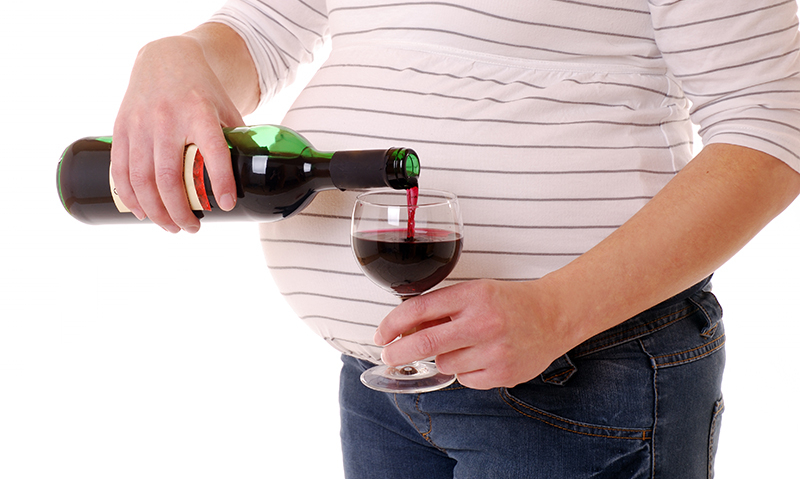IT’S been over 6 years since the Australian Guidelines to Reduce Health Risks from Drinking Alcohol reduced the safe level of drinking for pregnant women from seven standard drinks per week to zero, but the message is still not getting through to patients and frontline doctors, according to experts in fetal alcohol syndrome disorders (FASD).
Dr Barri Phatarfod, a general practitioner for 25 years, and an Australian Medical Association representative on the Working Group for Women Want to Know, told MJA InSight that she was constantly surprised by how many GPs did not bring up alcohol consumption with their pregnant patients.
“I did not realise that other GPs did not routinely talk to pregnant patients about their drinking habits,” Dr Phatarfod, who is part of the Antenatal Shared Care program at Royal Hospital for Women in Sydney, said.
“I have had many pregnant women tell me that their GP had told them just that [drinking alcohol while pregnant] was not a good idea.”
- Related: MJA Research — Changes in alcohol consumption in pregnant Australian women between 2007 and 2011
For some GPs whose practice may not include many pregnant women, it was not surprising that they may not be aware of the changes to the national guidelines, she said.
“It can also be a difficult conversation to have. It’s a sensitive area and there’s a fine line between being a good GP and coming off as paternalistic.”
One big factor in determining whether a woman was given adequate information on FASD was whether or not she had a regular GP, Dr Phatarfod said.
“The fact is that people in their 20s, 30s, 40s and even 50s, tend not to have a regular GP.
“They don’t because they’re busy, or if they’re sick they just drop in to a medical centre and pick up a quick script for an antibiotic. It tends to be more educated people who don’t have a regular GP.”
Establishing a relationship over a long period of time with a GP was a vital part of successful preventive care, Dr Phatarfod said.
“About 50% of women who drink during their pregnancy do so before they know they are pregnant, so the guidelines don’t help in that situation,” she said.
“If a woman of child-bearing age has a regular GP then conversations about drinking habits – just like with other lifestyle factors like smoking, blood pressure – can start before she becomes pregnant.
“If we make it a normal part of the conversation we have with our GP, then it takes away the judgement, the stigma.”
Programs such as Women Want to Know – an initiative of the Foundation for Alcohol Research and Education – provide resources to help GPs initiate conversations about alcohol during pregnancy and FASD, Dr Phatarfod said.
The Women Want to Know campaign provides tools, as well as accredited training courses and modules through key health professional bodies. All resources are available free of charge and can be ordered or downloaded from www.alcohol.gov.au. Three online courses with Continuing Professional Development accreditation are available through the Royal Australian College of GPs, the Royal Australian and New Zealand College of Obstetricians and Gynaecologists, and the Australian College of Midwives.
Professor Elizabeth Elliott, professor of Paediatrics and Child Health at the University of Sydney, and a consultant paediatrician at the Children’s Hospital at Westmead, told MJA InSight that over 90% of pregnant women wanted to be asked about their drinking habits and most wanted to be advised not to drink.
“There’s a disjunction between what the patients and the doctors think,” she said.
“There is still a lack of reliable data about FASD in Australia. The only big study has been done in remote communities where 58% of women drank heavily during pregnancy and 19% of the kids had FASD – that’s a community which was very disadvantaged.
“The lack of data is because there’s still a lack of awareness about FASD and it’s an expensive exercise.”
Professor Elliott said she and her team at Westmead had received funding from NSW Health to set up a FASD clinic at the hospital which would enable them to start collecting data.
Women Want to Know was an excellent resource for GPs, she said.
“It’s freely available, the information is straightforward, preventative advice, and the videos are compelling, showing real clinicians in their workplaces demonstrating how to have these conversations with women.”

 more_vert
more_vert